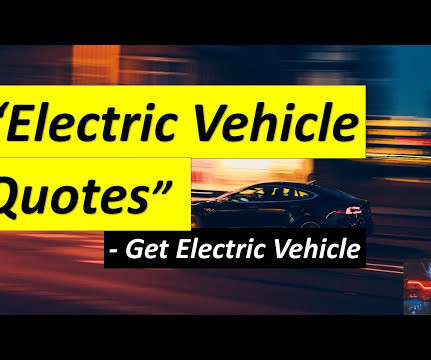ICCT LCA study finds only battery and hydrogen fuel-cell EVs have potential to be very low-GHG passenger vehicle pathways
Green Car Congress
JULY 21, 2021
This study uses recent data on industrial-scale battery production and considers regional battery supply chains. This results in significantly lower battery production emissions than in earlier studies. This is especially important for assessing the GHG emissions of PHEVs.








































Let's personalize your content